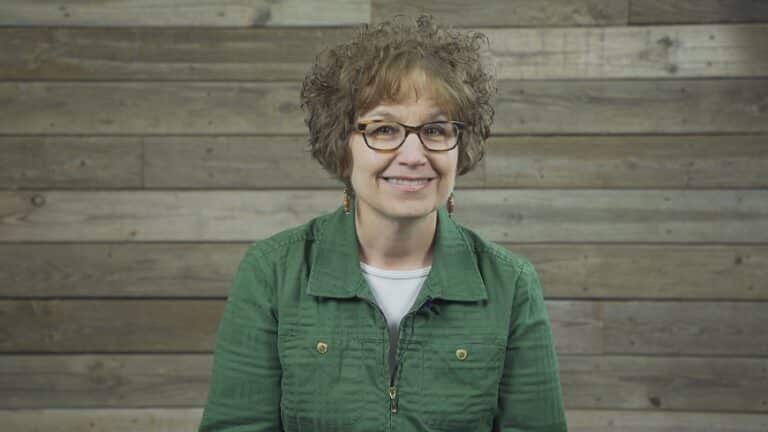
suffering














I Didn’t Sign Up For This: Expectations and Temptations
Ellen has often heard this phrase from both single and married women, young and old. When life is painful and we are face to face with our expectations crumbling, it’s common to pursue sexual sin—we “sign up for” it, if you will—as a way to avoid the pain of other circumstances. But it’s crucial for…




How Does a Sinless Savior Help Us Sympathetically?
The book of Hebrews assures us that Jesus is our sympathetic high priest. But how can those who battle with persistent sin struggles make real spiritual use of these assurances? Learn more in this new video from Jim Weidenaar. To learn more about this topic, consider purchasing one of our resources, such as Hide or Seek:…


God’s Pruning Is Always Purposeful
God’s pruning isn’t an indication that he is rejecting or abandoning us. Instead, his pruning indicates that he is near. And in his nearness, he is working to sanctify us. In this video, Ellen Dykas reminds us that God’s pruning is always purposeful.
